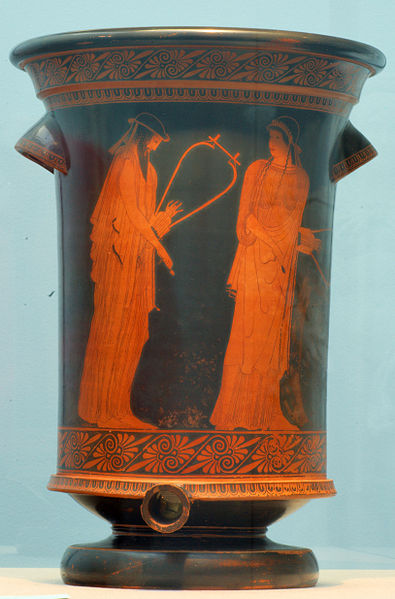Infinite photos and videos for every Wiki article ·
Find something interesting to watch in seconds
Supercars
Celebrities
Kings of France
Largest Empires
World Banknotes
British Monarchs
Great Cities
Great Artists
Recovered Treasures
Presidents
Animals
Best Campuses
Largest Palaces
Great Museums
Orders and Medals
Wars and Battles
Famous Castles
Ancient Marvels
Richest US Counties
History by Country
Tallest Buildings
Sports
Rare Coins
Wonders of Nature
Countries of the World
Crown Jewels
more top lists


